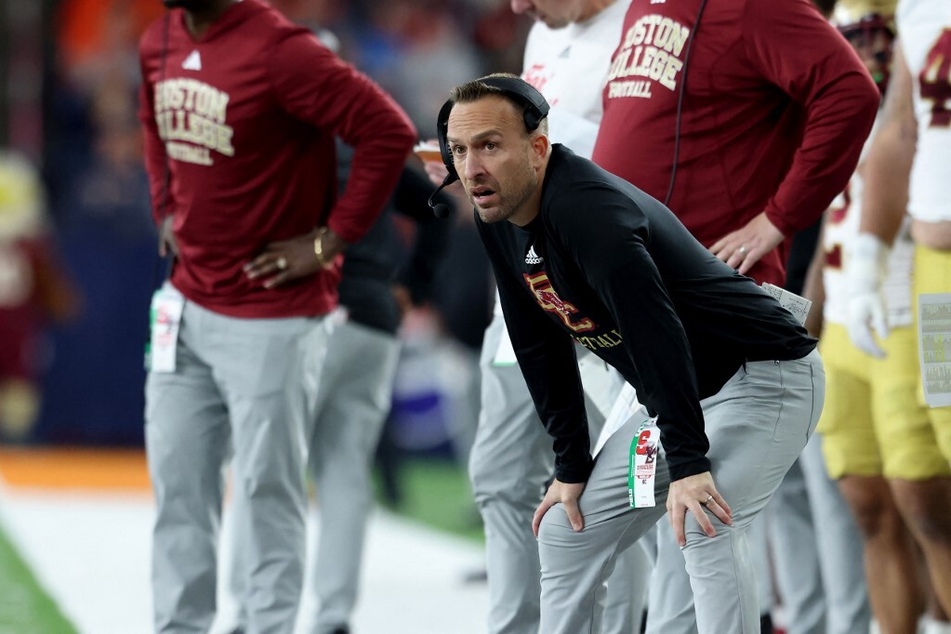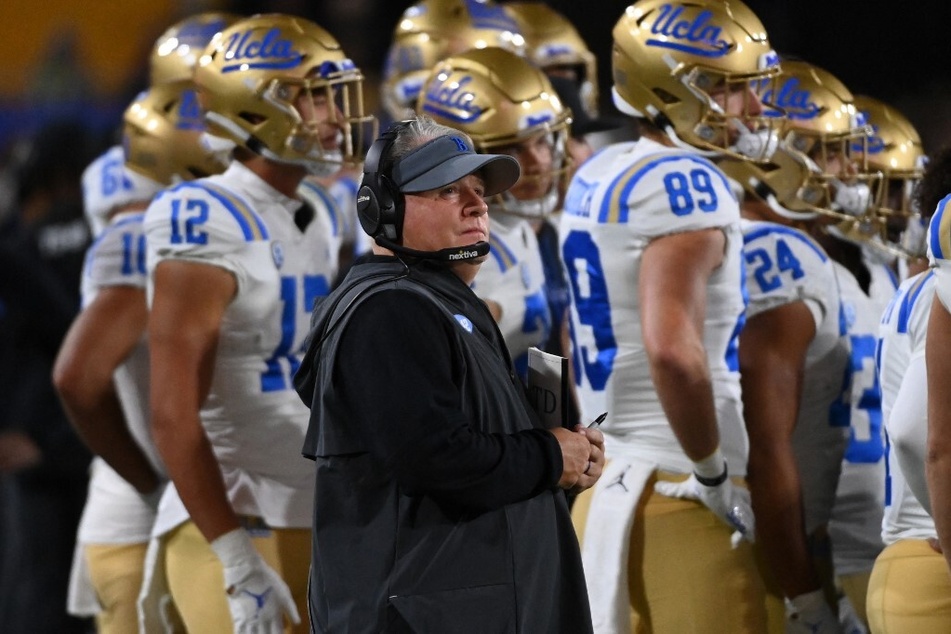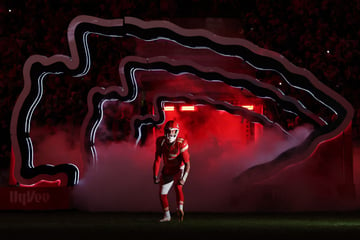Is Name, Image, and Likeness destroying college football?
Indianapolis, Indiana - Will Name, Likeness, and Image (NIL) be the final straw to push college football out of the NCAA?

Despite previous concerns over conference realignments, it seems that the uproar surrounding NIL and the transfer portal has taken center stage in the world of college football.
Following the news of former Boston College head coach Jeff Hafley's departure for an NFL coordinator position, many fans, along with former stars and NFL players, have viewed this move as a clear response to the perceived chaotic state of the collegiate sport.
Without hesitation, they openly expressed their concerns about the direction in which the sport is heading, labeling it as out of control, especially with the introduction of NIL and the revamped transfer portal rules.
According to Hafley, as reported by ESPN's Pete Thamel, "College coaching has become fundraising, NIL and recruiting your own team and transfers. There's no time to coach football anymore."
This feeling mirrors a rising conviction among coaches that the sport is experiencing substantial changes that could make its current structure unsustainable.
Last March, former Alabama head coach Nick Saban characterized this emerging phase in college football as a "pay-for-play" era. In essence, he highlighted a shift towards a semi-professional direction, emphasizing that players are essentially getting paid to represent universities within the framework of the expanded playoff landscape.
Can college football support NIL without destroying the traditional state of the sport?

College football coaches are getting behind the idea of Name, Image, and Likeness (NIL), even though there are worries about how it might affect things.
Big names like former Michigan head coach Jim Harbaugh and UCLA football coach Chip Kelly have argued that student-athletes should get paid since they're the ones bringing in millions as the main attraction.
But not everyone agrees on the idea of "buying" players through NIL deals to boost a team.
To tackle these concerns, some, like former college football star and FOX analyst Joel Klatt, have suggested having a collective bargaining agreement. This setup, inspired by pro sports leagues, would let players and the NCAA talk things out, making sure both sides have a say in important decisions.
However, some believe that a kind of collective bargaining agreement is already happening through advisors acting like agents, arranging NIL deals for players, thus raising questions about how open and fair the current system is.
When thinking about the future of NCAA NIL and college football, finding a good balance is crucial.
With clear regulations and transparent processes, the integrity of college football can be maintained while making sure players receive fair compensation for their influence on the team's success.
Cover photo: BRYAN M. BENNETT / GETTY IMAGES NORTH AMERICA / GETTY IMAGES VIA AFP
